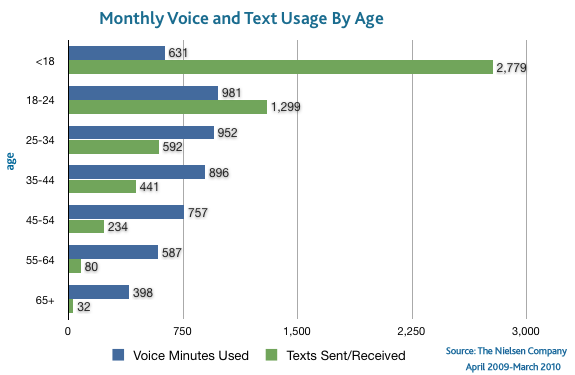
Alex C. sent in an example of the belittling of men by men in the context of sport. Two teenager fans of the Red Sox found themselves verbally assaulted by Yankee fans for the sin of sitting amongst them. They surround the boys and sing, aggressively, to the tune of YMCA, after a mostly indecipherable lead in:
Why are you gay!
I saw you suckin’ it, D-I-C-K.
They have every size, you’re about to enjoy.
You can hang out with all the boys!
Why are you gay!
I saw you suckin’ some D-I-C-K.
It should be clear to everyone that this behavior represents a sick society. Team affiliation follows the rules of the minimal group paradigm: humans appear to be willing to form meaningful groups based on just about anything. Sports just happens to be an arena in which hypermasculinity is rewarded, even demanded. This makes it acceptable to be cruel to one another and makes it inevitable that that cruelty will take the form of hatred towards gay men (deemed masculine failures) in the form of homophobic slurs. It’s not even that they think the kids are gay, but calling them gay is good for a laugh and a great insult.
This is what it’s like to be a man under patriarchy: moments of inhumanity in which men accept and reproduce hatred against others and moments of victimization when other men aim that hatred at you.
Lisa Wade, PhD is an Associate Professor at Tulane University. She is the author of American Hookup, a book about college sexual culture; a textbook about gender; and a forthcoming introductory text: Terrible Magnificent Sociology. You can follow her on Twitter and Instagram.







